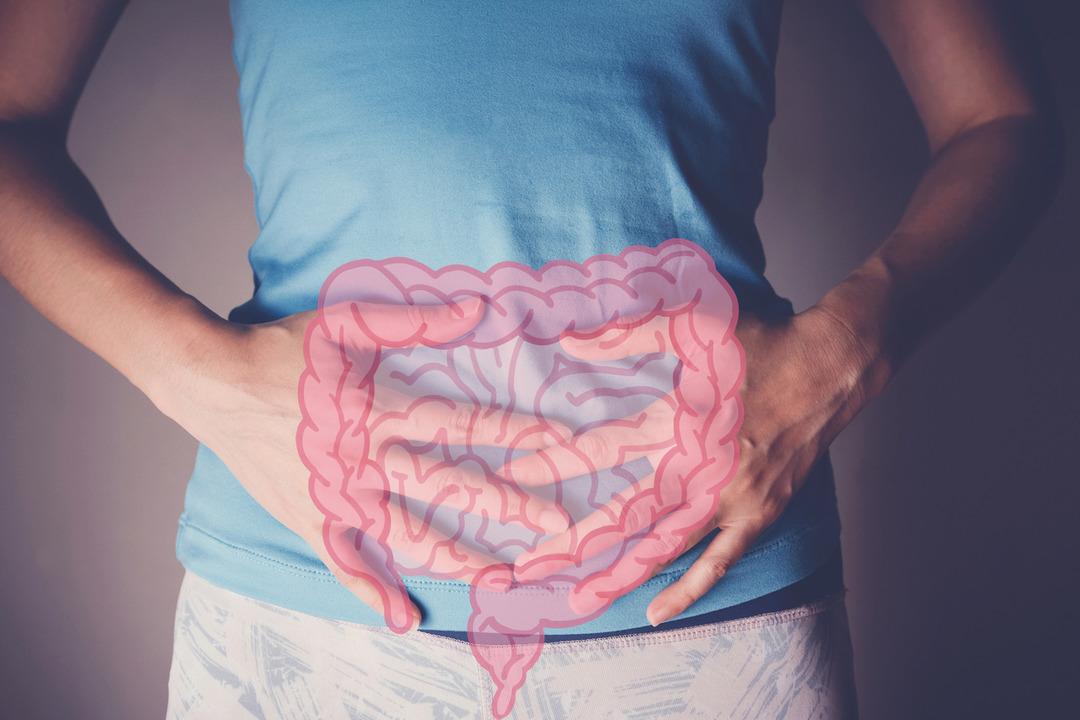Gastroenterology Specialist Assoc. Dr. Burhan Özdil gave information about irritable bowel syndrome (IBS) disease. Assoc. Dr. Özdil, talking about the symptoms of the disease, said, “If there are complaints of abdominal pain, gas, bloating and complaints that are relieved by going to the toilet for more than 3 weeks in at least the last 6 months, we diagnose irritable bowel disease. It is generally a diagnosis made through history. The reason is not very clear.
TRIGGERING REASON FOR STRESS AND BORROW
Gas, which is related to increased intestinal sensitivity, pain sensitivity, or decreased pain threshold, can cause pain in IBS patients. Since some people have digestive problems, more gas than normal occurs in the intestines. And it can trigger pain. There is a close relationship between the brain and the gut. “In general, we think that stress and distress are especially the triggering factors,” he said.
BEWARE OF ALARM SYMPTOMS

Noting that irritable bowel syndrome is more common between the ages of 30 and 50, Özdil said, “It can be seen in all age groups. Generally, patients are diagnosed based on their complaints through history and questioning. But there are some alarm symptoms. Weight loss, nausea, vomiting, waking up with pain, especially at night, and bleeding during defecation are alarm symptoms and indicate a serious underlying problem. Therefore, it is necessary to investigate in detail. “Then endoscopic, colonoscopy and imaging methods are used,” he said.
“WE REDUCE CARBOHYDRATE FOODS IN THE DIET”

Assoc. Dr. Burhan Özdil underlined that nutrition is very important in irritable bowel syndrome and said, “We especially reduce carbohydrate foods in the diet. There are different types of IBS, we know. There are some that cause constipation. We also recommend fiber foods. There are some that go with diarrhea. We mostly recommend anti-diarrhea, diarrhea-regulating medications, treatments and diets. There are also those who sometimes experience diarrhea and sometimes constipation, which we call the mixed group. Of course, treatment can be a little more difficult for them. When you give anti-diarrheal medication during periods of diarrhea, more constipation occurs. “When you give medication during constipation, the patient may have more diarrhea,” he said.
“IT IS NOT A DISEASE THAT CAN BE COMPLETELY ELIMINATED”
Assoc. Prof. said that since the cause of the disease is not known, they recommend complaints-reducing and carminative medications for treatment. Dr. Özdil said:
“Especially the basis of this disease is the excessive contraction spasm of the intestines. We recommend antispasmodic medications. We recommend diarrhea medication for those with diarrhea, and anti-constipation treatments for those with constipation. The disease is now common. Recently, it has started to increase in society.

It is said that this disease may occur in 10-20 percent of the population in some studies, and in some studies it may be up to 30-40 percent. But almost 30-40 percent of the patients seen by a gastroenterologist in a gastroenterology clinic are IBS patients. Therefore, it is an important disease and a social problem.

Especially in patients over the age of 40, in those with suddenly developing symptoms, and in those whose symptoms do not improve despite 2-6 weeks of treatment, we recommend that endoscopy or colonoscopy be performed if they have not been performed before. Because the risk of stomach and intestinal cancer begins to increase after the age of 40-50.

This disease is a disease that has gastroenterological, dietetic and psychological aspects. A triple treatment method should be followed. The patient-physician relationship is very important, patients need to be convinced. Since there is no visible disease, which we call an organic cause, the patient must be convinced. It is not a disease that can be completely eliminated. “Complaints are reduced and the patient can be relieved, but this is a continuous and long-term treatment.”
UAV
